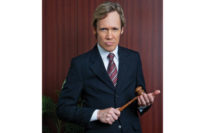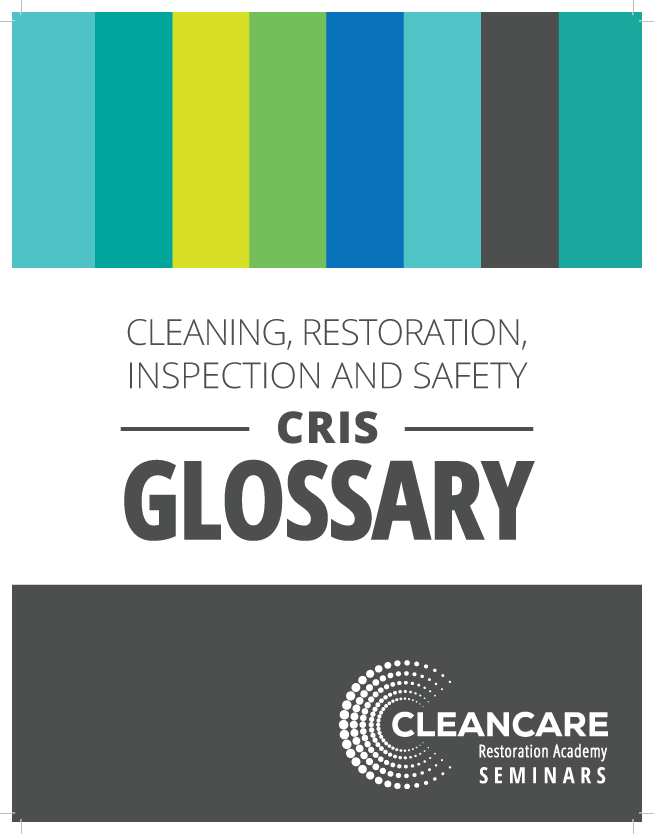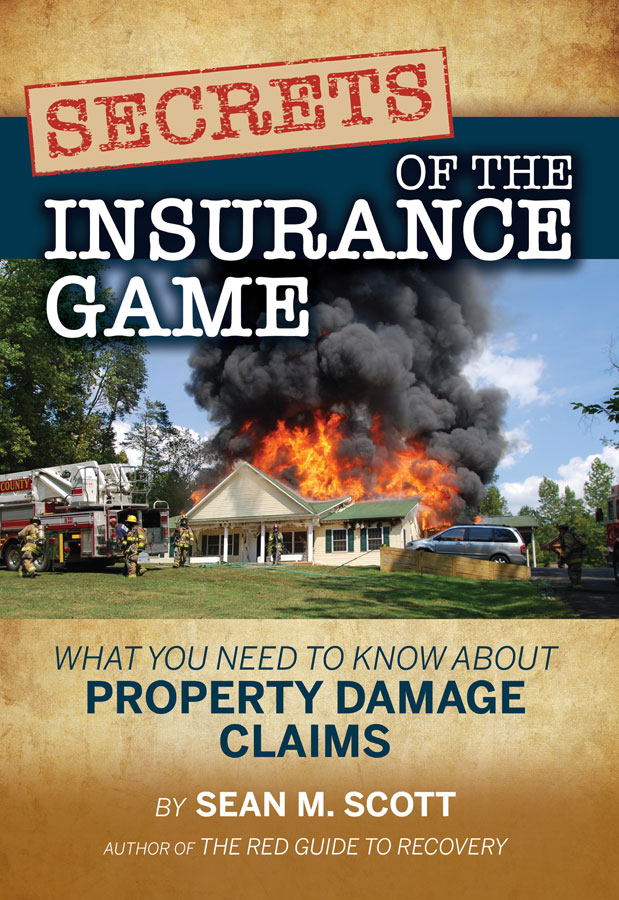50 Months for Fraudulent Overbilling: Breaking Down the Michael Griggs Case
The case filed against Griggs and other DRI employees in 2008 included 60 counts.






Guilty by suspicion. No, it’s not just a Robert DeNiro movie from 1991. In fact, when it involves your business and the insurance industry, it can lead to a whole lot of trouble. Just ask Michael Griggs.
Charges
As many of you are aware, Michael Griggs, owner of Disaster Restoration, Inc. (“DRI”) in Denver, Colorado, has run into some legal troubles as of late. The case filed against Griggs and other DRI employees in 2008 included 60 counts: one count of conspiracy to commit mail fraud, 56 specific counts of mail fraud related to specific payments made by insurance companies and one forfeiture count for the proceeds of the unlawful activities.
Conspiracy to commit mail fraud consists of three elements:
- An agreement between two or more persons,
- To commit mail fraud or wire fraud, and
- An overt act committed by one of the conspirators in furtherance of the conspiracy. 18 U.S.C. §371.
Mail fraud consists of two elements:
- Having devised or intending to devise a scheme to defraud (or to perform specified fraudulent acts), and
- Use of the mail for the purpose of executing, or attempting to execute, the scheme. 18 U.S.C. §1341
Since these are criminal charges, the prosecution - assistant U.S. attorneys in this instance - had to prove their case beyond a reasonable doubt. The trial took place before Judge Marcia Krieger, chief judge of the U.S. District Court in Denver, Colorado.
In August of 2012, the court found - beyond a reasonable doubt - that Michael Griggs had committed conspiracy and 13 instances of mail fraud. His employee Charles “Chip” Homer Sharp was found guilty of one count conspiracy and nine counts of mail fraud. Here is what happened with Mr. Griggs and DRI, and what it means for your business in the future.
Background
DRI is a general contractor and restoration company founded in 1986. According to a press release from the United States Attorney’s Office for the District of Colorado, every Tuesday, DRI would hold an internal meeting discussing how to instruct subcontractors to inflate bid proposals. The release states that DRI directed its subs to produce two separate invoices. One invoice was the one they paid on, and one was the one DRI sent to the insurance companies. The version sent to the insurance companies was typically 20-30% higher. When the insurance company would pay the higher rate, DRI would pocket the difference and pay the subcontractors according to the lower estimate.
Insurance companies often view claims with a considerable amount of skepticism. They have very sophisticated fraud detection systems. Give them enough time, and once they put their collective wits to use, they will know when someone is cheating them. After a while, the insurance companies decided something was off with DRI. Unbeknownst to DRI, the insurance companies collectively banned together and worked with the FBI and the U.S. Postal Inspection Service in a covert operation to build a case against Griggs, DRI and several DRI employees.
Judgment
Mr. Griggs, along with nine of his employees, were indicted on 60 counts of conspiracy, mail fraud, scheming to defraud and to obtain money and property by means of materially false and fraudulent pretenses and promises, extortion, and more for 57 different jobs. Four of these employees pled guilty to a single count of conspiracy to defraud the United States. They have received probation and hefty fines.
Griggs and Sharp were sentenced in March 2013. They were eligible for up to 20 years in prison and over $500,000 in fines. Two employees who did not plead guilty were acquitted on some counts, and had a hung jury on some other counts. Prosecutors dismissed the charges that resulted in a hung jury, so no charges will be re-tried.
Griggs was sentenced to 50 months in federal prison. Sharp was given 36 months for his part in the scheme. All of the convicted are responsible for paying some part of $477,643 in restitution. Griggs was also ordered to pay a $500,000 fine. Both Sharp and Griggs are to serve three additional years under supervised release after they serve their terms in prison.
Griggs and Sharp had both requested probation. In his statement regarding sentencing, Sharp noted that the “overwhelming majority” of his and DRI’s conduct was legitimate, and that the conduct “occurred in the broader context of running a legitimate business.” Griggs stated in his plea for probation that probation would have been “sufficient to deter future criminal conduct.”
Jenmar Investment Group, LLC now owns DRI. Until February 2013, Griggs insisted that he was only a consultant with Jenmar, but he finally admitted to owning and operating Jenmar. This conduct certainly did not help place Griggs in a positive light in the eyes of the court. Griggs has yet to admit guilt in this case. Judge Krieger, and the jury, made that decision for him.
Lessons Learned
“Well I don’t do that sort of thing!” I hear you cry. No one is accusing you of doing anything that outrageous and blatantly illegal. But is there something you do that can be viewed by insurance companies in a similar light and be possibly on the edge of ethical?
Sometimes, subcontractors offer “early pay” discounts to the general contractor. Sometimes, that discount isn’t listed on the invoice and the insurance company could have the wrong impression about the amount paid to the sub. It’s possible that management may be unaware of this combination of circumstances jeopardizing the survival of the company.
If the subcontractor just wanted to get paid as soon as possible, the sub may say, “Hey, if you pay me right now, I’ll give you a 10% discount.” But what if the estimate already went to the insurance company? Remember, the essence of crimes committed by Griggs was intentional misrepresentation and deception of the insurance companies. Misrepresentation can be committed by an affirmative statement, but also by half-truths and omissions.
Don’t invite a visit from the Feds. Negotiate early pay discounts in advance and have the subs disclose them on their estimates. It need not be in bold 40-point type. Just an added “15 days, 10%” in the terms section should be sufficient.
“All it took was a whisper”
That’s the tagline from Guilty by Suspicion.
In Guilty by Suspicion, a whisper that Robert DeNiro’s character was consorting with Communists was all it took for his character to be blacklisted during the McCarthy era. In the construction world, all it takes is a whisper that you are producing false invoices to an insurance company to trigger a potentially devastating investigation by the FBI. It does not have to be done with bad intent to raise suspicion. Don’t let a good deal like an early pay discount put you behind bars.
Looking for a reprint of this article?
From high-res PDFs to custom plaques, order your copy today!












